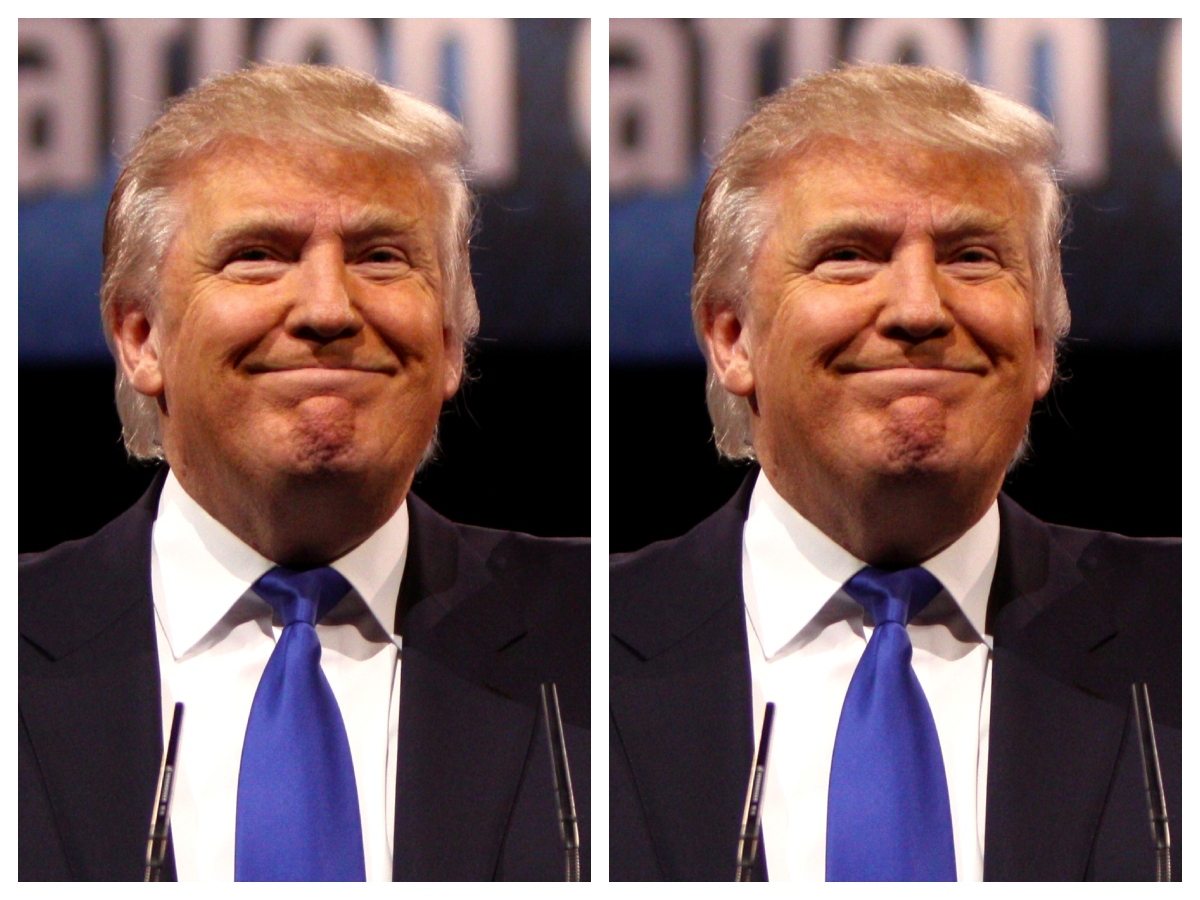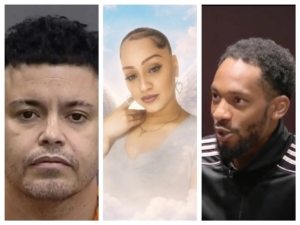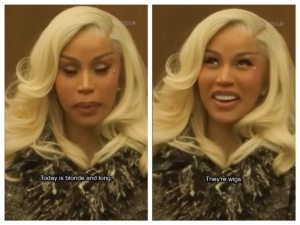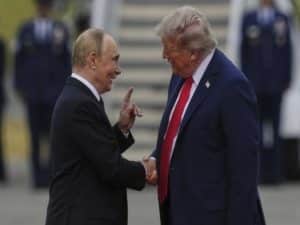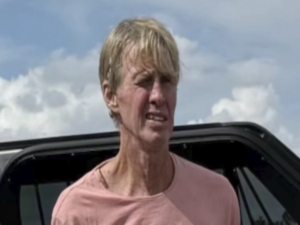President Donald Trump has vowed to expand federal law enforcement operations into Chicago and Baltimore, intensifying a battle with local leaders who insist his intervention is neither necessary nor welcome.
Speaking from the Oval Office on Tuesday, Trump said he intends to deploy federal forces despite strong objections from Illinois Gov. JB Pritzker and Chicago Mayor Brandon Johnson. Asked whether National Guard troops would be sent to Chicago, Trump declared, “We’re going in,” but added, “I didn’t say when.” He tagged the move as a duty rather than politics, saying, “I have an obligation. This isn’t a political thing.”
Governor Pritzker, widely viewed as a possible 2028 Democratic presidential contender, dismissed the idea of military presence in Chicago. He emphasized that the city had not requested federal troops and does not intend to. “No, I will not call the president asking him to send troops to Chicago. I’ve made that clear already,” Pritzker told reporters at a news conference alongside Johnson and other leaders. He later labeled Trump’s remarks urging him to “call for help” as “unhinged.”
READ ALSO: Chicago pushes back as Trump threatens to send National Guard
Johnson placed the blame for Chicago’s gun violence on weapons trafficked from neighboring states. “Chicago will continue to have a violence problem as long as red states continue to have a gun problem,” he argued.
Watch a recent episode of The BreakDown podcast below and subscribe to our channel PanaGenius TV for latest episodes.
The administration has already dispatched forces to Los Angeles and Washington, D.C., even though a federal judge ruled the California deployment unlawful. Trump praised Washington Mayor Muriel Bowser for cooperating, but lashed out again at Pritzker and Johnson, reiterating his claim that Chicago is “the world’s most dangerous city.”
Meanwhile, activists, churches, and community groups in Chicago, according to a report by AP, have begun preparing for protests should federal agents arrive. Organizers have shared demonstration schedules and urged residents to document any encounters with agents. “Authoritarians thrive on your silence,” Pritzker told the public. “Be loud for America.”
Chicago Public Schools warned parents that the looming arrival of federal forces could heighten anxiety for families. Dozens of pastors also issued an open letter to Trump, arguing that crime in the city stems from deeper issues such as poverty, poor healthcare access, and underfunded schools. “To the faithful of Chicago, I say this: prepare your hearts for resistance,” the letter declared.
Although Trump has pointed to holiday weekend shootings as proof of crisis, city data shows Chicago’s violent crime rate has dropped significantly. The city recorded 573 homicides in 2024, the most of any U.S. city, but shootings and murders fell by more than 30% in the first half of 2025, marking the sharpest decline in over a decade. Researchers note that Chicago’s homicide rate still lags behind cities such as St. Louis, New Orleans, and Detroit.
READ ALSO: D.C. sues Trump administration over “dangerous” federal takeover of police department
Illinois Attorney General Kwame Raoul said the state is preparing to sue once federal deployment begins. “While Chicago’s crime problem is serious, it is far from the worst in the country,” Raoul said. “The president’s plan is not about fighting crime. It’s purely performative.”
Trump also pledged to extend the same strategy to Baltimore, despite firm opposition from Maryland Gov. Wes Moore and city officials. Citing his record in Washington, the president claimed the capital is now crime-free. “This city was really bad,” he said. “We’re really proud of” federal efforts there.
The White House announced that more than 1,650 people have been arrested nationwide since the administration’s federal crackdown began on August 7.
READ ALSO: Trump vows executive order on voter ID, despite judge blocking earlier attempt

